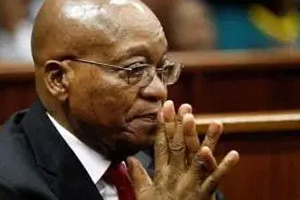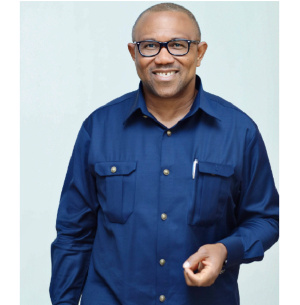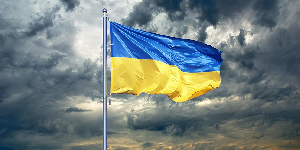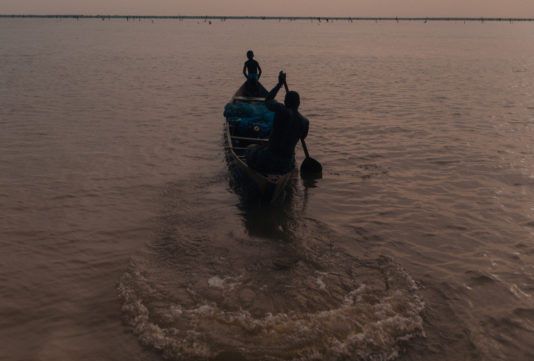Former SA President Jacob Zuma to be allowed out of prison for trial

Former South African President Jacob Zuma will be allowed out of the prison to appear in person before the commission of inquiry on state capture.
Zuma is expected to appear before a Pietermaritzburg court next week Tuesday.
In a court order dated 4 August, Koen said the hearing will be conducted “in open court at the High Court in Pietermaritzburg”.
Zuma’s lawyers have been adamant fighting for him to appear in court claiming it was a violation to virtually appear for the hearing.
“To do so would be unconstitutional and illegal, irrespective of the situation in a particular case, a particular date or the particular circumstance which may or may not prevail on 9 August 2021,” his lawyer said in a short two-page submission to the court.
The judge later turned the earlier ruling that the inquiry could be done virtually since no evidence was to be presented.
“The currently applicable Disaster Management (Covid) regulations, particularly those regarding the wearing of face masks, maintaining social distance and the restrictions on the numbers of attendees at indoor venues, must at all times be adhered to strictly,” Judge Piet Koen said.
Zuma is currently serving a 15-month sentence for defying an order from the Constitutional Court, the country’s highest court, that he should testify at the commission of inquiry probing allegations of corruption during his term as president from 2009 to 2018.
The start of Zuma’s imprisonment on July 8 sparked off protests which quickly escalated into violent riots in KwaZulu-Natal and Gauteng provinces that lasted a week.
The death toll in the unrest has risen to 337, and police are investigating 213 of those for murder, Khumbudzo Ntshavheni, acting minister in the presidency, said Thursday. The rise in fatalities has been caused by people dying from serious injuries, she said.
The police investigations indicate that many deaths may have been caused by shootings and other intentional acts. Amnesty International is also investigating the deaths.
South Africa’s widespread poverty and inequality contributed to the wave of unrest which saw widespread ransacking of shopping centers, the burning of freight trucks, and the barricading of two of the country’s major highways.
Source: africanews.com






